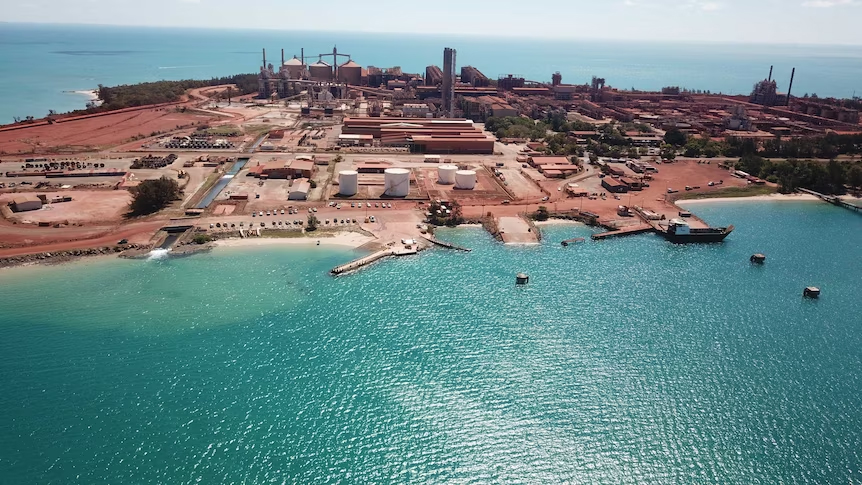
Commonwealth’s Appeal Against Historic Compensation
The High Court has commenced hearings on the Commonwealth’s appeal against a landmark compensation ruling awarded to Yolngu traditional owners. The ruling found that the Commonwealth’s grant of a mining lease to Swiss company Nabalco on the Gove Peninsula in the 1960s was made without the consent of traditional owners. The court had previously ordered the Commonwealth to compensate the Gumatj clan with $700 million, prompting the federal government to appeal the decision.
Original Ruling and Significant Compensation
Last year, the Federal Court ruled that the grant of the mining lease was invalid due to lack of traditional owner consent. Consequently, the court mandated a substantial compensation amount to the Gumatj clan. The federal government subsequently filed an appeal with the High Court, which began reviewing the case this week.
Key Arguments in the High Court
During the initial arguments, Commonwealth Solicitor-General Stephen Donaghue warned that upholding the Federal Courtâs decision could expose the Commonwealth to â100 years or moreâ of compensation claims related to land grants in the Northern Territory. He emphasized that any agreements made since the Commonwealth accepted the territory in 1911 could be at risk of being deemed invalid.
Legal Debate on Acquisition Powers
The three-day special hearing in Darwin saw the legal teams of 34 different parties, including attorneys-general from various states and members of the Northern Land Council, actively involved. Approximately 50 senior members from the Gumatj and Rirratjingu clans, along with representatives from other Yolngu clans connected to the Gumatj, also attended.
The discussions focused on the constitutional limits on the Commonwealth’s ability to acquire land. Donaghue argued that the Commonwealth had acquired Gumatj land using territory-specific powers granted by the constitution, which the Gumatjâs native title rights were âinherently vulnerableâ to.
Contrasting Views on Mineral Deposits
The Commonwealth contended that mineral deposits on the Gove Peninsula had been surrendered to it by the South Australian government before it ceded the Northern Territory in 1911. Commonwealth barrister Stephen Lloyd SC argued that in the 1930s, the Crown acquired all of the Northern Territoryâs mineral deposits through legislation, beyond the scope of the constitutional âjust termsâ provision.
Responses to the Appeal
In its submissions, the Commonwealth claimed that if the Federal Courtâs decision was upheld, the Native Title Actâs commencement in 1993 would make it liable for an unquantifiable amount of compensation. Conversely, the Gumatj clan argued that the âjust termsâ provision must be applied consistently across the constitution and should protect property rights for Northern Territorians.
The NT government also responded by requesting that the Commonwealthâs âjust termsâ argument be dismissed and that the appeal be subjected to further hearings.
Awaiting the Final Decision
The High Court has reserved its judgment on the case, with a decision expected in the coming months.








